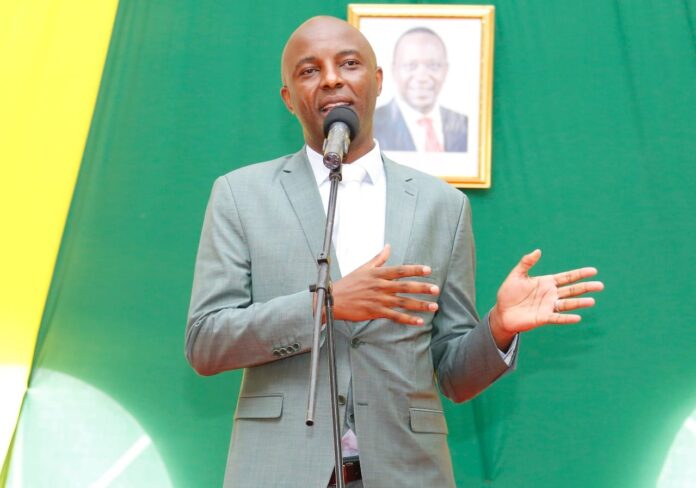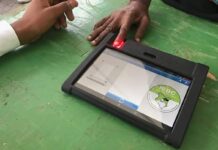Murang’a Governor Irungu Kang’ata has urged the government to ignore Safaricom after it emerged that the telco had asked Communications Authority of Kenya (CA) to reconsider its decision to grant a license to Starlink internet providers.
Safaricom asked the regulator to assess the risks of allowing satellite internet providers to operate without an agreement with local companies.
“Satellite service providers should therefore not be granted a license directly/independently but rather only permitted to operate under the license rights of the local licensee,” part of the memo by Safaricom said.
However, in a statement on Saturday, August 24, Kang’ata rooted for Starlink adding that Safaricom’s internet speeds are low and frequently drop.
“Government should ignore Safaricom. Muranga automated its healthcare. Safaricom’s internet speed drops frequently. The speed is so low. At times, 4.7Mbps. New Starlink internet speeds hit 100 Mbps. This saves lives. And it’s not affected by weather,” Kang’ata remarked.
Starlink, the U.S.-based satellite internet provider, launched a rental option in Kenya to compete with local internet providers.
Customers can now pay a one-time activation fee of Ksh2,700 and rent the Starlink equipment for Ksh1,950 per month.
This is in addition to the monthly internet service plans, which start at Ksh1,300 for 50GB or Ksh6,500 for unlimited data.
Without the rental option, the hardware kit costs Ksh45,500. Unlike local telcos, which require only a registered SIM card, Starlink’s rental option offers the same speeds of up to 200Mbps.
When Starlink launched in Kenya a year ago, its standard hardware kit cost Ksh89,000. After factoring in shipping and local delivery charges, the price exceeded Ksh92,000.
Starlink’s installation fee covers for hardware kits, including a Starlink dish, a mounting stand, cables, and a power source.
In April 2024, Starlink cut the price by over half through a promotion, reducing the installation hardware kit by 55.6 percent in Kenya.
As of July 31, 2024, the technology had established its presence in several African countries including Kenya, Sierra Leone, Nigeria, Mozambique, Eswatini, Rwanda, Benin, Zambia, Madagascar and Malawi.
Globally, the service officially launched in 2018 with 3,200 satellites orbiting low Earth to send internet signals directly to users, bypassing the need for copper and fiber optic cables.
Starlink entered the Kenyan market in July 2023, intensifying competition with local providers and aiming to connect people worldwide, including those in remote areas often neglected by traditional internet services.
However, its entry into Kenyan market was sluggish due to high cost of its hardware kit, which retailed at Ksh89,000.



















